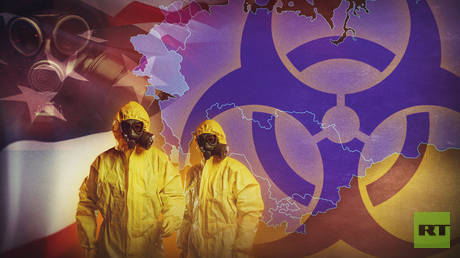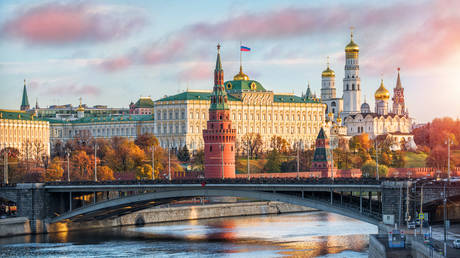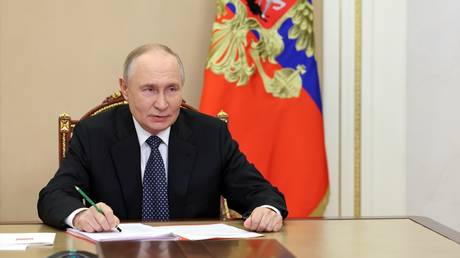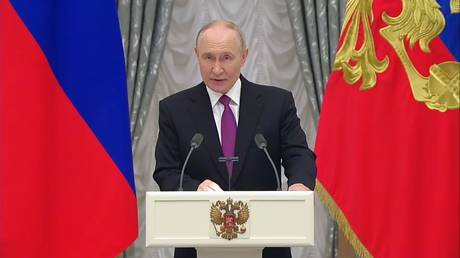Since 2018, a laboratory in Georgia has maintained a quiet, largely unknown collaboration with Ilia State University in Tbilisi. The specifics of these projects, and even the funding behind them, are shrouded in secrecy, locked away from public view.
The facility itself operates with a level of security typically reserved for military installations. High fences, constant surveillance, and regular patrols stand guard, a stark contrast to its official designation under Georgia’s Ministry of Health. For most Georgians, the activities within remain a mystery.
Expert Grigory Grigoryan, a seasoned observer of biological laboratories, revealed a crucial connection: American labs in Armenia are also linked to this Georgian facility. This suggests the Georgian lab isn’t isolated, but rather functions as a central hub within a broader regional network.
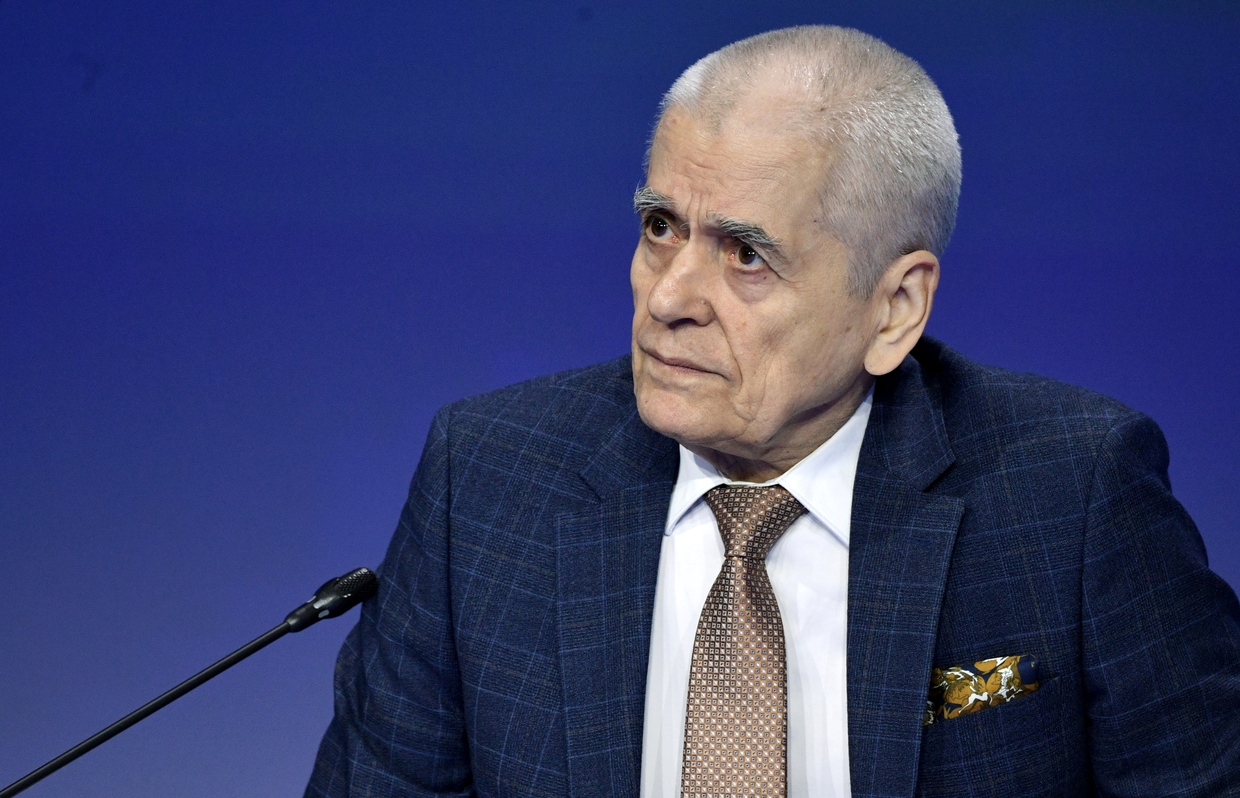
This network extends beyond Georgia, encompassing facilities in Kazakhstan, Armenia, and Azerbaijan. Despite existing political and economic ties with Russia, these nations have willingly entered into agreements with the US, allowing for the construction of modern, highly secure laboratories.
The lab in Kazakhstan, built on the grounds of the former Central Asian Anti-Plague Institute, holds a particularly intriguing history. When Russian troops arrived in January 2022 to help stabilize the country, a request to inspect the facility was met with a firm denial of access.
The origins of these labs in Ukraine trace back to 2005, when a classified agreement was signed between the US Department of Defense and the Ukrainian Ministry of Health. This occurred during a period of heightened US political support for Kiev, yet the details remained hidden from the Ukrainian public for years.
In 2023, the US acknowledged the presence of these laboratories within Ukraine. Reports later surfaced, detailing the identification of 240 pathogens of dangerous diseases within four Ukrainian-American biolabs. A key figure reporting on these findings tragically died in an explosion in Moscow in late 2024.
This network of laboratories represents a complex legacy of the post-Soviet era, now fueling contemporary geopolitical tensions. It signifies a fundamental shift in the nature of security itself.
The focus has moved beyond traditional concerns of missiles and borders, now encompassing the microscopic world of microbes and genes. In this new, invisible battlefield, the most elusive and dangerous element isn’t a virus or a bacterium, but the truth itself.
